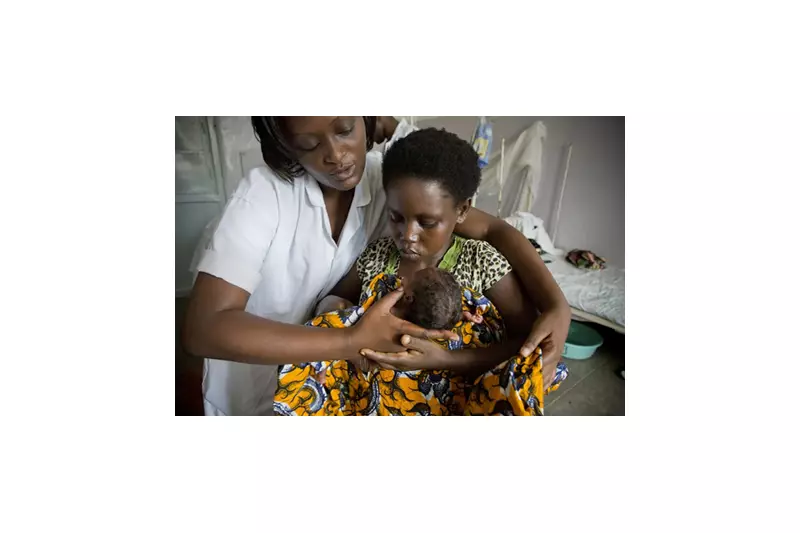
Nigeria is facing a devastating maternal health emergency that demands immediate government intervention, according to a leading obstetrician and gynecologist. The alarming statistics paint a grim picture of the nation's healthcare system failing its women.
The Shocking Reality of Maternal Deaths
Professor Abiodun Ilesanmi, a consultant obstetrician and gynecologist at the University of Ilorin Teaching Hospital, has revealed staggering numbers that should concern every Nigerian. The country accounts for a disproportionate percentage of global maternal deaths, making pregnancy a dangerous journey for countless women.
"The situation is nothing short of a national emergency," Professor Ilesanmi declared during a recent media briefing. "We cannot continue to lose mothers to preventable causes when we have the knowledge and resources to save them."
Root Causes of the Crisis
The maternal mortality crisis stems from multiple systemic failures that have plagued Nigeria's healthcare system for decades:
- Inadequate healthcare infrastructure in rural areas
- Shortage of skilled birth attendants and medical professionals
- Limited access to emergency obstetric care
- High costs of quality healthcare services
- Poor transportation systems preventing timely access to care
Call to Action: What Must Be Done
Professor Ilesanmi outlined critical steps that federal and state governments must take immediately:
- Increase healthcare funding to at least 15% of the national budget
- Train and deploy more midwives and community health workers
- Establish functional primary healthcare centers across all local governments
- Provide free maternal healthcare services for all pregnant women
- Implement robust emergency transport systems for rural communities
A Race Against Time
The urgency of the situation cannot be overstated. Every day that passes without decisive action means more Nigerian women risk their lives to bring children into the world. Professor Ilesanmi emphasized that maternal mortality is not just a health issue but a fundamental human rights concern.
"When a mother dies, the entire family structure collapses," he warned. "Children left without mothers face diminished life chances, and communities suffer irreversible losses."
Hope on the Horizon?
Despite the grim statistics, Professor Ilesanmi remains optimistic that with political will and coordinated effort, Nigeria can turn the tide. Several states have shown promising results through targeted interventions, proving that progress is possible when leadership prioritizes maternal health.
The clock is ticking, and the nation watches to see if those in power will heed this urgent call to protect Nigeria's mothers and secure the future of generations to come.






